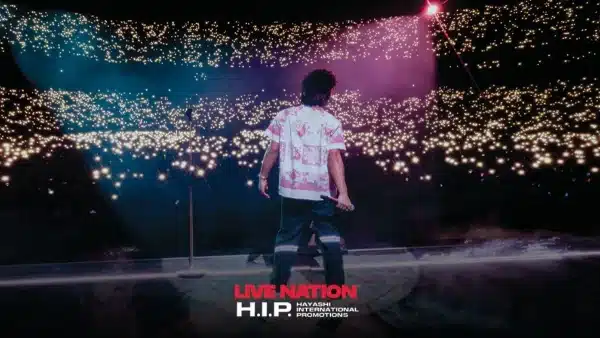
Fans take a selfie at the 50 yard line at Super Bowl LVIII. (Photo courtesy On Location)
FTC “Junk Fee” Rule Bringing All-In Ticket Prices Goes Live in May
The Federal Trade Commission (FTC) published its long-awaited “junk fees” rule to the Federal Register on Friday, setting its effective date across the United States for May 12, 2025. The Trade Regulation Rule on Unfair or Deceptive Fees was announced in December, after years of work with consumers and industry stakeholders by the government agency.
The new rule brings new requirements for transparency in the actual price of things including tickets to live events and hotel stays, and was a priority of the outgoing administration of President Joe Biden.
“People deserve to know up-front what they’re being asked to pay—without worrying that they’ll later be saddled with mysterious fees that they haven’t budgeted for and can’t avoid,” said FTC Chair Lina M. Khan. “The FTC’s rule will put an end to junk fees around live event tickets, hotels, and vacation rentals, saving Americans billions of dollars and millions of hours in wasted time. I urge enforcers to continue cracking down on these unlawful fees and encourage state and federal policymakers to build on this success with legislation that bans unfair and deceptive junk fees across the economy.”
For the ticket-buying consumer, the new rules are intended to make comparison shopping between different marketplaces much easier. Without such rules, businesses have been allowed to publish one price for a ticket listing, while leaving off substantial fees that are added late in the transaction. As of May 12, such listings will need to include a “clear and conspicuous” display of the actual total price inclusive of all mandatory fees whenever a price is displayed.
Within the ticket sale and resale industry, such “all-in” pricing has proven to be a disadvantage for companies that have tried it while competitors used the fee-hiding “drip pricing” model instead. StubHub famously scrapped an early go at displaying prices inclusive of all fees after seeing its market share slashed when other marketplaces opted against following their lead.
Marketplaces welcomed the new rule, which has been considered an uncontroversial improvement for consumers dating back to a 2019 FTC Workshop on ticketing.
“TicketNetwork has long supported an industry-wide rule requiring true ticket price transparency for consumers and applaud the FTC’s rule that will bring that to fruition,” says TicketNetwork Director of Communications Sean Burns. “Millions of American consumers will benefit from being able to see and understand the true price of a ticket, regardless of where they are shopping for it.”
Live Nation Entertainment and its ticketing subsidiary Ticketmaster have also thrown their support behind the FTC rule, though it recently had to settle a class action lawsuit in Canada over alleged violations of price transparency laws that already exist in that country.
“We’ve led the industry by adopting all-in pricing at all Live Nation venues and festivals and applaud the FTC’s industry-wide mandate so fans will now be able to see the total price of a ticket right upfront no matter where they go to see a show or buy a ticket,” said a company statement published in December when the rule was finalized.
Some questions remain regarding how the rules will be implemented. First, there is the fact that the term “live event” is quite general. Things like NFL games, Taylor Swift concerts, and Broadway shows are a given for the price transparency requirements. But there is ample grey area – conventions or trade shows with a live panel or entertainer performance as part of their admission? Restaurants with musicians that require minimum food and beverage purchase? Museum programming? Immersive athletics events like glow runs?
Price transparency rules also call into question the legality of practices such as “dynamic” ticket pricing, where an event organizer and ticket seller surge prices during periods of high demand – including prices rising between when a consumer views tickets on the event page and when they are added to the users virtual “shopping cart” for purchase.
There is also a continued need for significant further improvement to the live event ticket purchasing experience for consumers, since “all-in” pricing only addresses one small (and largely uncontroversial) segment of it.
“We hope that efforts to improve the consumer experience for buying tickets continues with much-needed reforms like transparency on ticket availability, bans on anti-competitive ticket transfer restrictions, and mandatory reporting of alleged violations of existing laws regarding the use of “bots,” says TicketNetwork’s Burns. “All of these consumer-first updates to the ticketing market have been proposed by forward-thinking legislators at both state and federal levels despite fierce lobbying opposition from the powerful companies that benefit from such harmful practices.”






